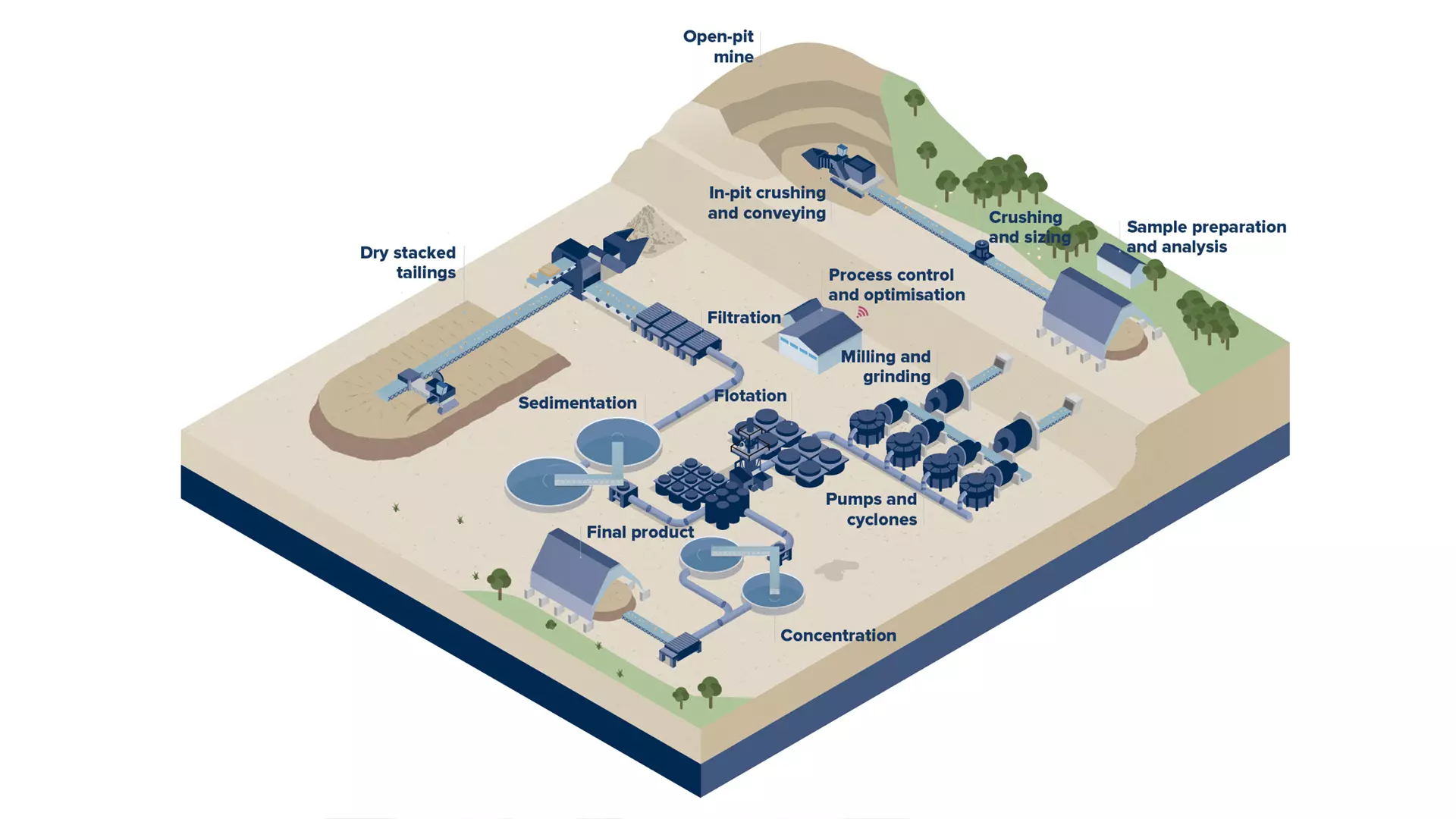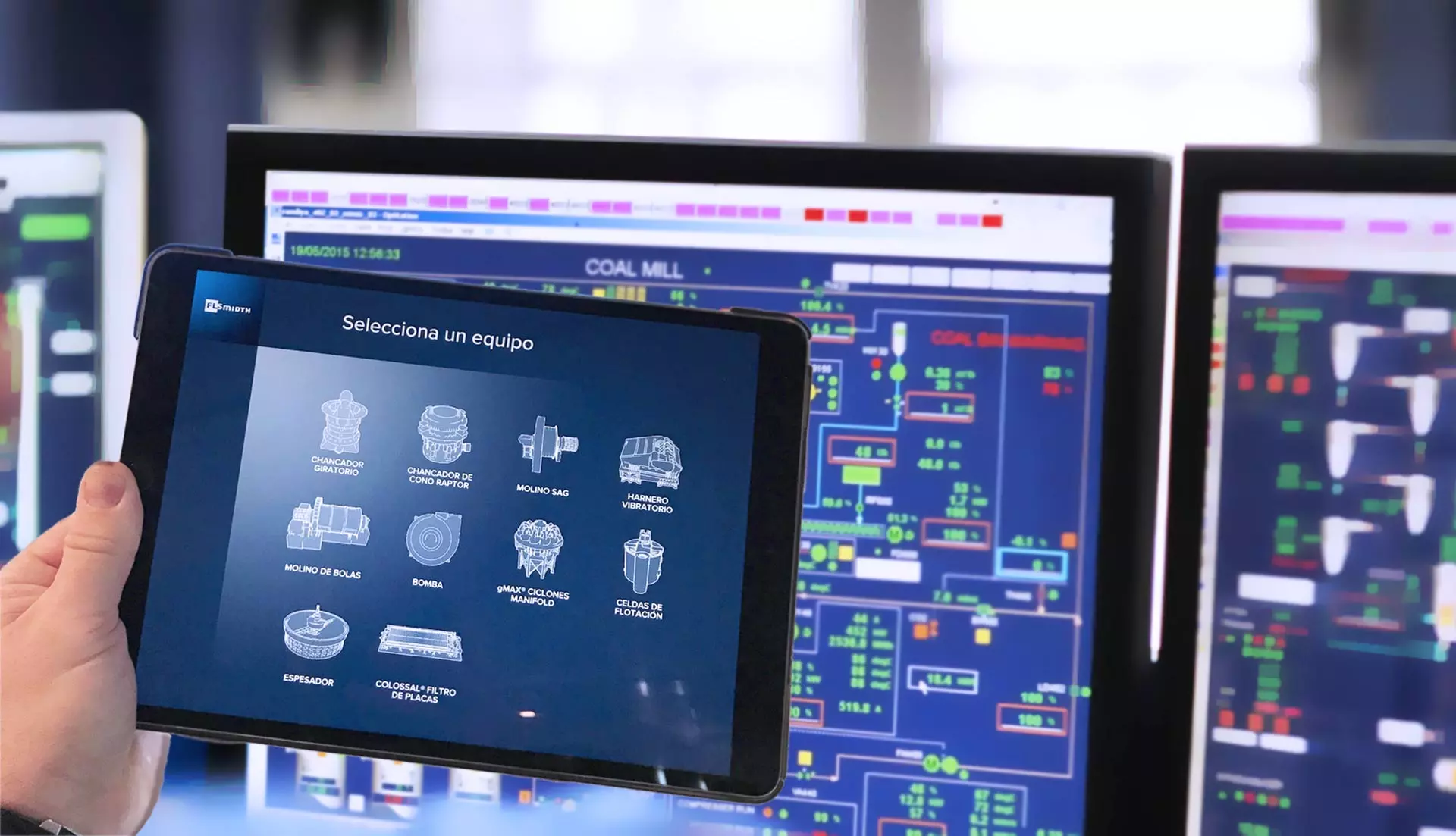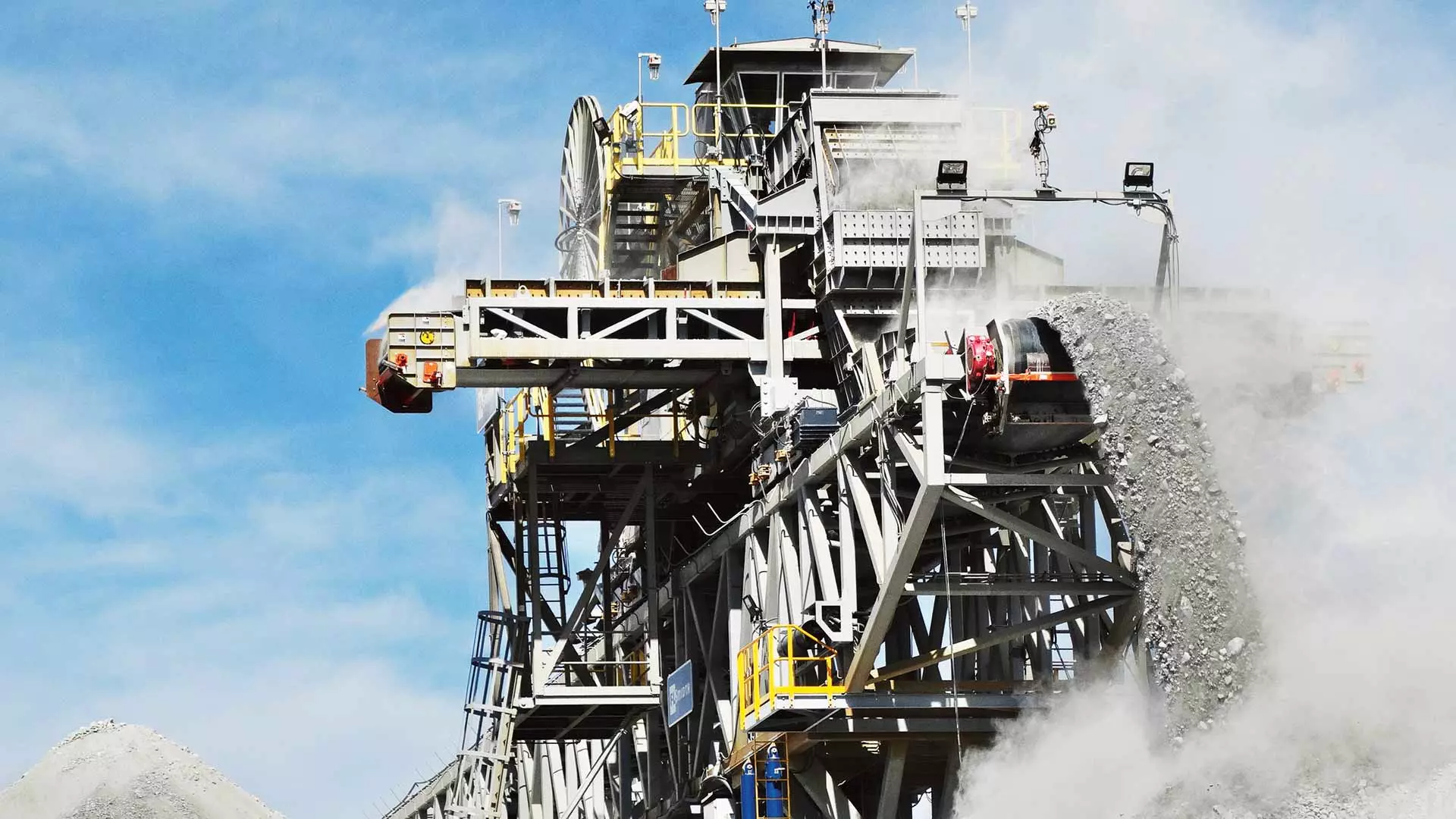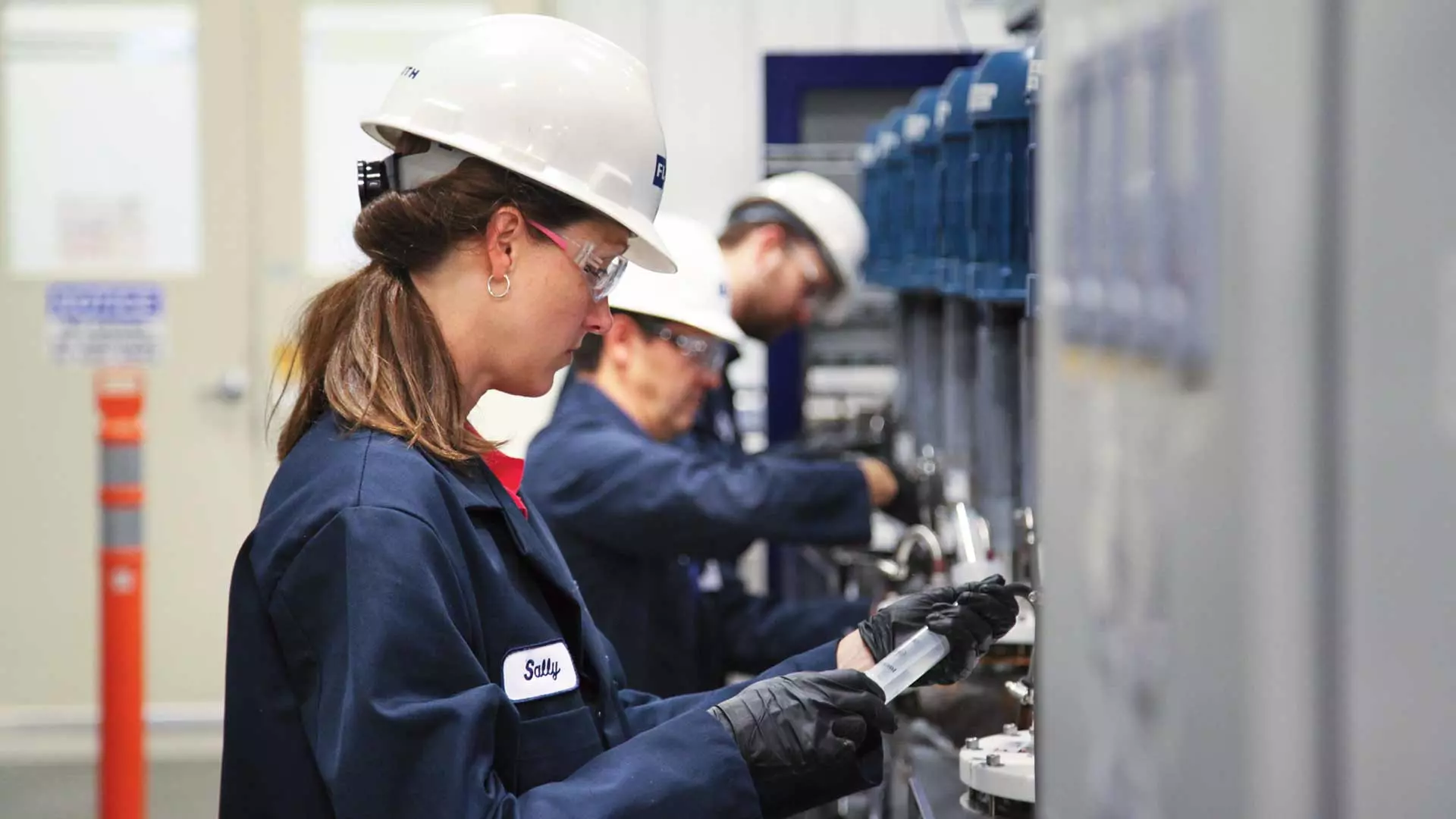Demand for minerals has surged in the last two decades as smart phones, computers, electric vehicles, renewable energy solutions and vast numbers of other devices based on minerals like copper, gold and lithium have become global necessities. Tapping into these growth opportunities for the mining industry is not as simple as it sounds. Greater scarcity of resources such as energy, water, and raw materials – along with declining ore grades and stricter regulations – lead to more complex and costly operations.
To stay competitive in this complex market, miners have to minimise the use of resources and their environmental footprint, while optimising production and maximising investment. This calls for new solutions and new ways of working. Succeeding in this will not only improve the image of mining, cut water usage and lessen our environmental impact, but it will also lead to business-related benefits.
Sustainable solutions do not need to come at the expense of business profitability. This is not a zero-sum game – sustainability can be the driver of future profit and opportunity.

- Tailings dams are a liability for the mining industry and uses a huge amount of water. If they break, downstream ecosystems and populations can be gravely affected.
- Decreasing ore grades mean we either have to dig deeper and in more remote corners of the world or find better solutions to extract more minerals from the existing ore.
- Demand for metals and the global consumption of metals such as copper has increased by approximately 30% over the past decade. Performance optimisation through digital solutions helps our customers provide more minerals at less cost to the environment.
- Water is key. Mining is a highly water intensive process. Some of the world’s biggest mines use 1 billion m3 of water per day. This is costly, often a cause of tension with local population, and involves a risk of contaminating groundwater and tailings dams’ failure.
A win-win scenario
For instance, if we look at obtaining and retaining a social license to operate – widely considered to be the number one risk facing the mining industry in 2019 – we can see a clear benefit to both environment and business through the employment of sustainable solutions.
Many mines are in remote and arid areas where water is scarce and the local population, agriculture and other industries all compete for a limited supply. The amount of water needed for processing and the risks associated with waste water disposal makes it the main challenge for responsible mining. Decreasing ore grades that need more water to process and may contain increasing levels of arsenic also means that it will be more difficult to obtain environmental permits.
"Access to safe water is indispensable to achieve the global ambitions of poverty reduction, sustainable economic growth and healthy ecosystems. In the mining and mineral processing industry we are highly dependent on water, and we must address this issue from all possible angles. This can mean proactive water management plans that reduce water consumption in ongoing operations; research into new solutions until we can either fully recycle water and eliminate the need for tailings dams; or finding dry minerals processing solutions that eliminate water use completely," comments Manfred Schaffer, President of Mining at FLSmidth.
Addressing these issues with a long-term, lifecycle perspective based on sustainable solutions and proactive community engagement will make obtaining and retaining a social license to operate less complex, time-consuming and costly.
A sustainability-focused partner
As a leading contributor to minerals processing, FLSmidth – together with our customers, suppliers and business partners – share the responsibility for driving the transition and progress towards a more sustainable tomorrow. More than ten years ago, FLSmidth joined the United Nations Global Compact and committed to improve how we affect the environment. Going forward, we will increasingly focus on how to improve the environmental footprint of our suppliers and our customers in a more systematic way.
“License to operate is one of the highest risks facing the mining industry,” states Thomas Schulz, Group CEO. “When authorities or local populations obstruct a mine’s license to operate, it's usually because they are worried about the environment. Pollution of their lakes, rivers, and ground water is a risk that we help our customers minimise. We have developed solutions, such as EcoTails and ROL, that significantly reduce the need for water in mining and minerals processing. Like our digital solutions, this is a discovery that we anticipate will have a huge positive impact on the environmental footprint of our customers – while improving their productivity.
“A common denominator for all our innovative solutions is that they must be financially viable and give our customers an opportunity to grow their business while minimising their impact on the environment. Sustainability and productivity cannot be thought of separately – it's two sides of the same coin, which is reflected in our vision: ‘We drive success through sustainable productivity enhancement’.”
-
Leveraging … digital for sustainability

-
Leveraging … innovation for sustainability

-
Leveraging … technology for sustainability
